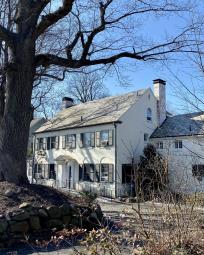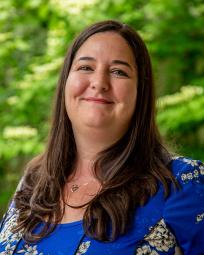Master’s Application Deadline: December 8, 2023
For guaranteed consideration of your application, all materials must be completed and submitted electronically no later than the deadline of 11:59 PM EST, December 8.
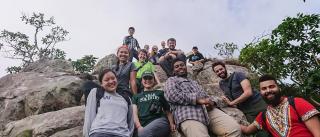
A degree from YSE equips graduates with the knowledge and leadership skills they need to have an immediate impact in a wide range of environmental fields as scholars, policymakers, industry experts, and boots-on-the-ground professionals.
The demand for professionals with training and experience in the environmental field is growing across multiple industries and sectors. Whether you’re just beginning to consider a career in the environmental field or have made the decision to join the YSE community, our Office of Admissions and Financial Aid is here to help.
Request InformationAttend an Admissions Event Apply Now
Master’s Application Deadline: December 8, 2023
For guaranteed consideration of your application, all materials must be completed and submitted electronically no later than the deadline of 11:59 PM EST, December 8.
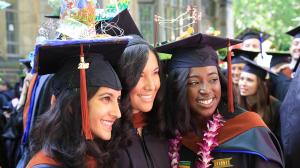
YSE is committed to the principles of diversity, equity, and inclusion (DEI), including increasing the diversity of our faculty, student body, and staff; increasing access and affordability for underrepresented students; and taking conscious steps to combat racism and other forms of discrimination.
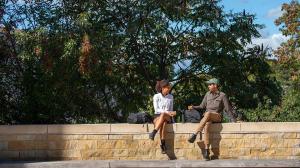
YSE master’s students fund their studies through a variety of sources, including internal and external fellowships, scholarships, awards, and grants. Eighty percent of our students receive some financial aid directly from YSE.
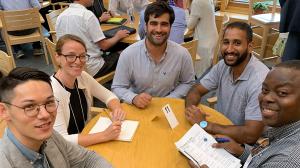
The Three Cairns Climate Program for the Global South aims to support next generation environmental leaders! This transformative program provides scholarships to students from the Global South who are committed to advancing climate solutions in their home countries.
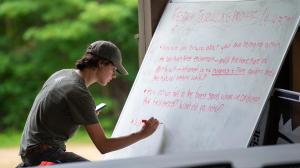
Whether it is at the local or global level, we help students develop the skills, knowledge, and perspective to navigate complex global environmental issues and help build a sustainable future.
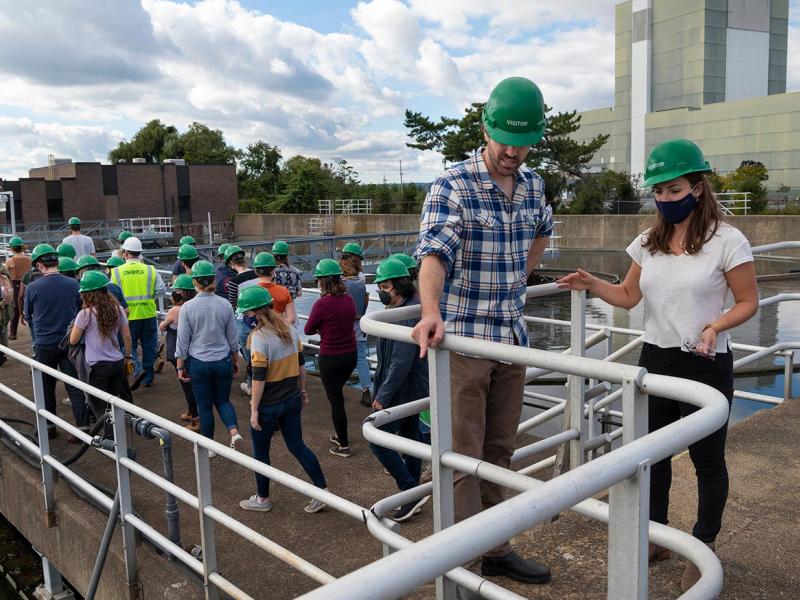
At YSE, education and training extend well beyond the classroom. Participate in our unique summer orientation program, MODs; travel widely for field research and internships; attend global conferences and climate talks such as the U.N. Climate Change Conference (COP 26).
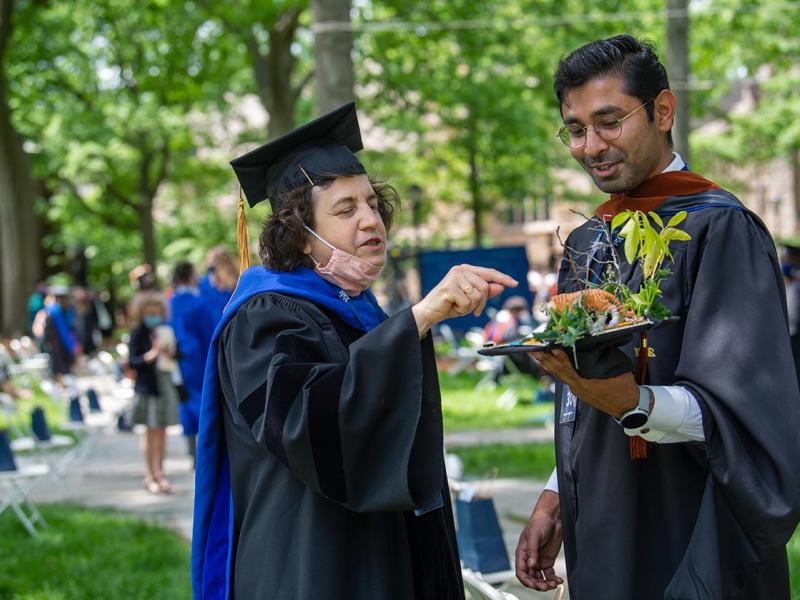
Working closely with some of the top experts in their fields is one of the advantages of a YSE graduate degree. Our faculty are committed to mentoring the next generation of environmental leaders to tackle the world’s most urgent problems.
Introduce yourself to the YSE master’s admissions team.
